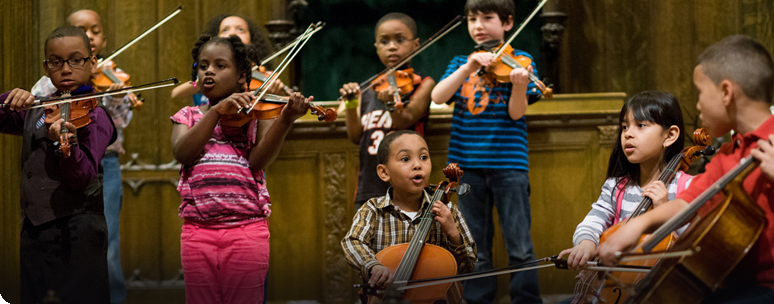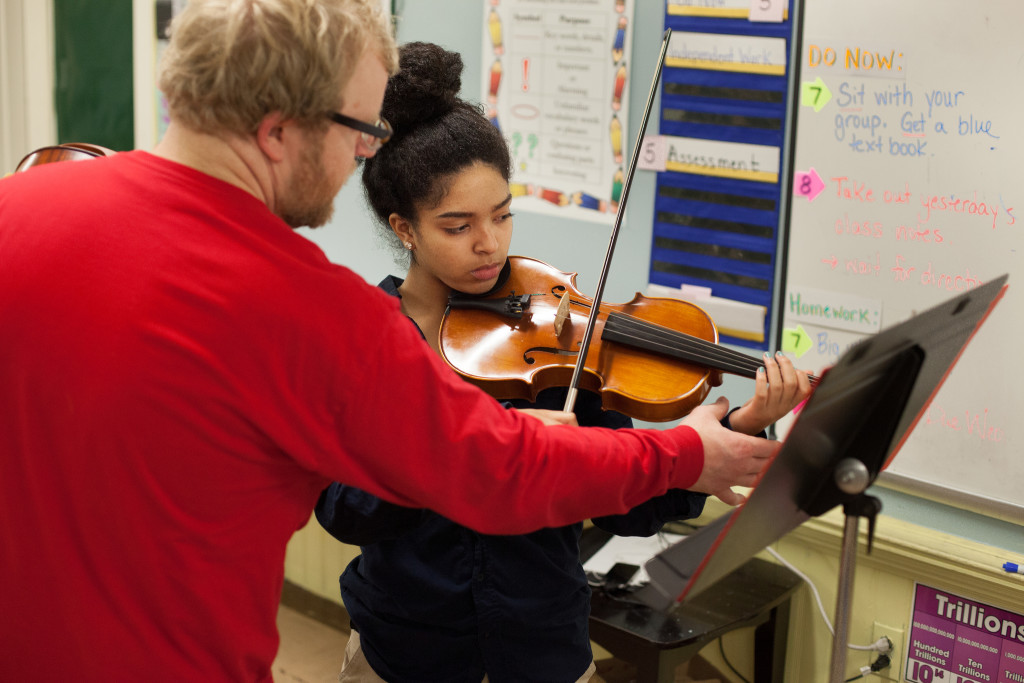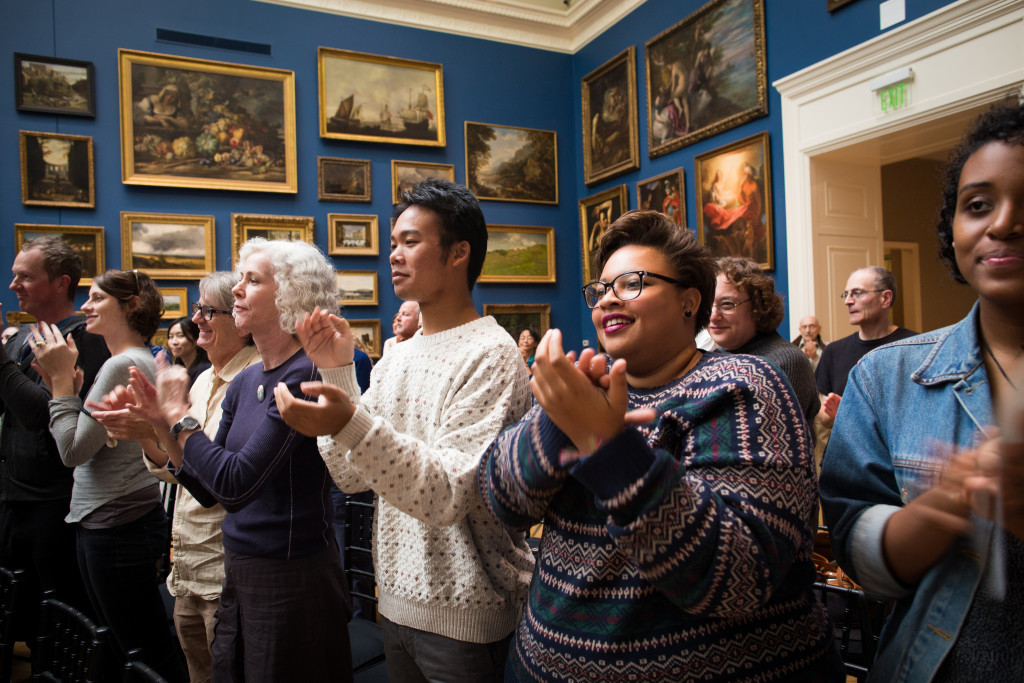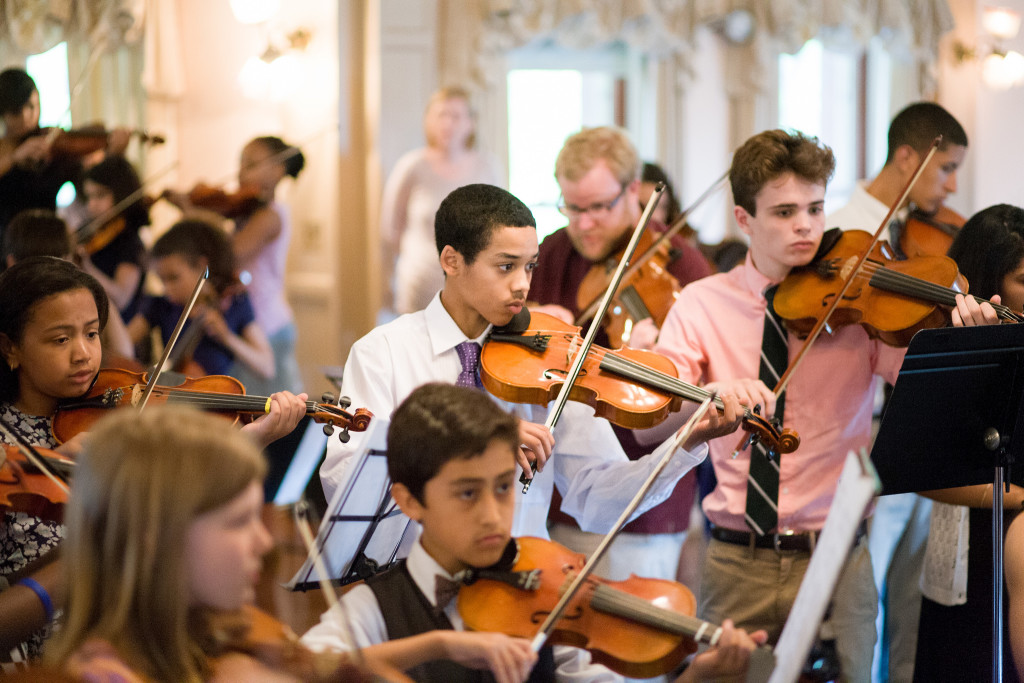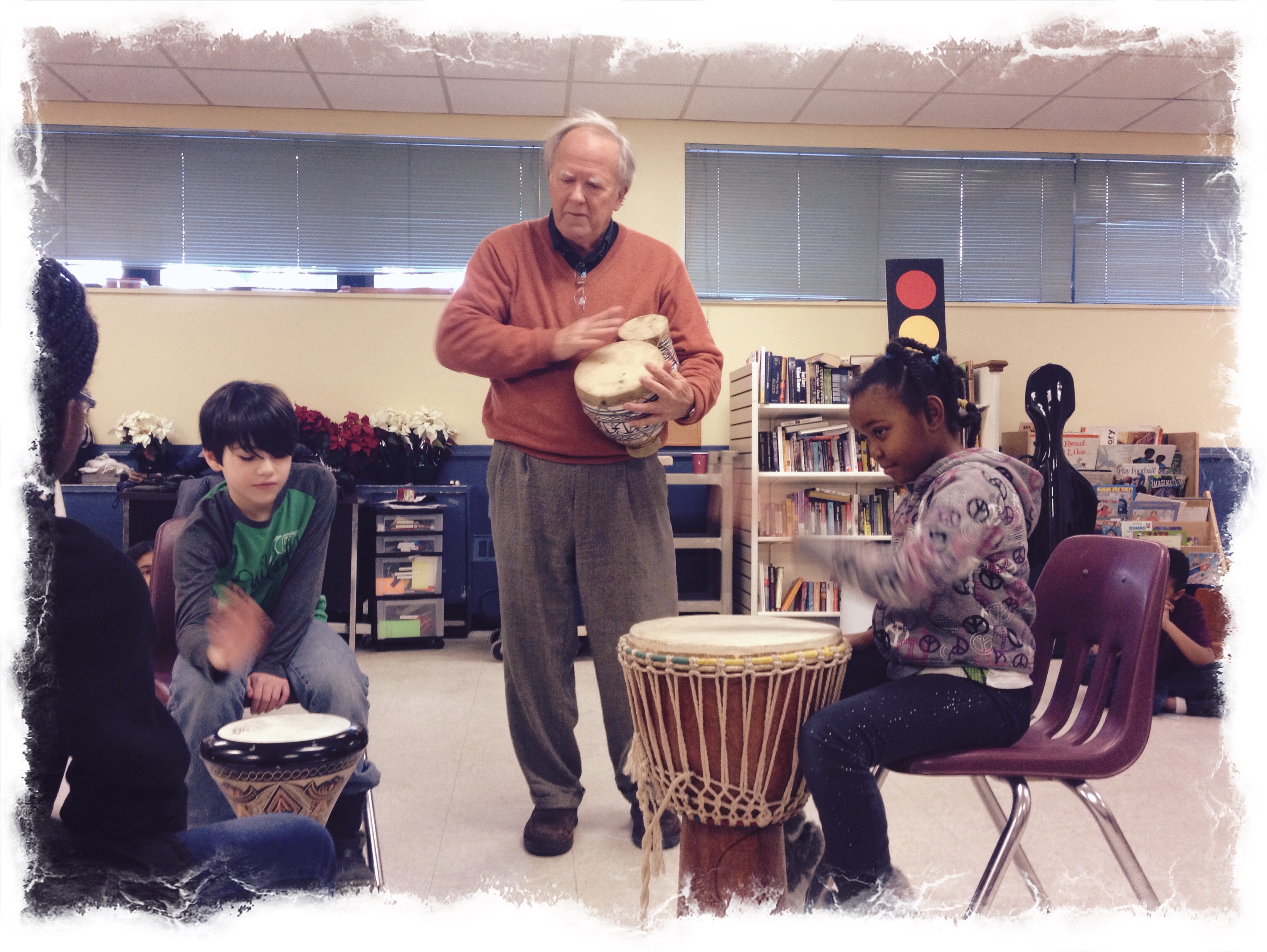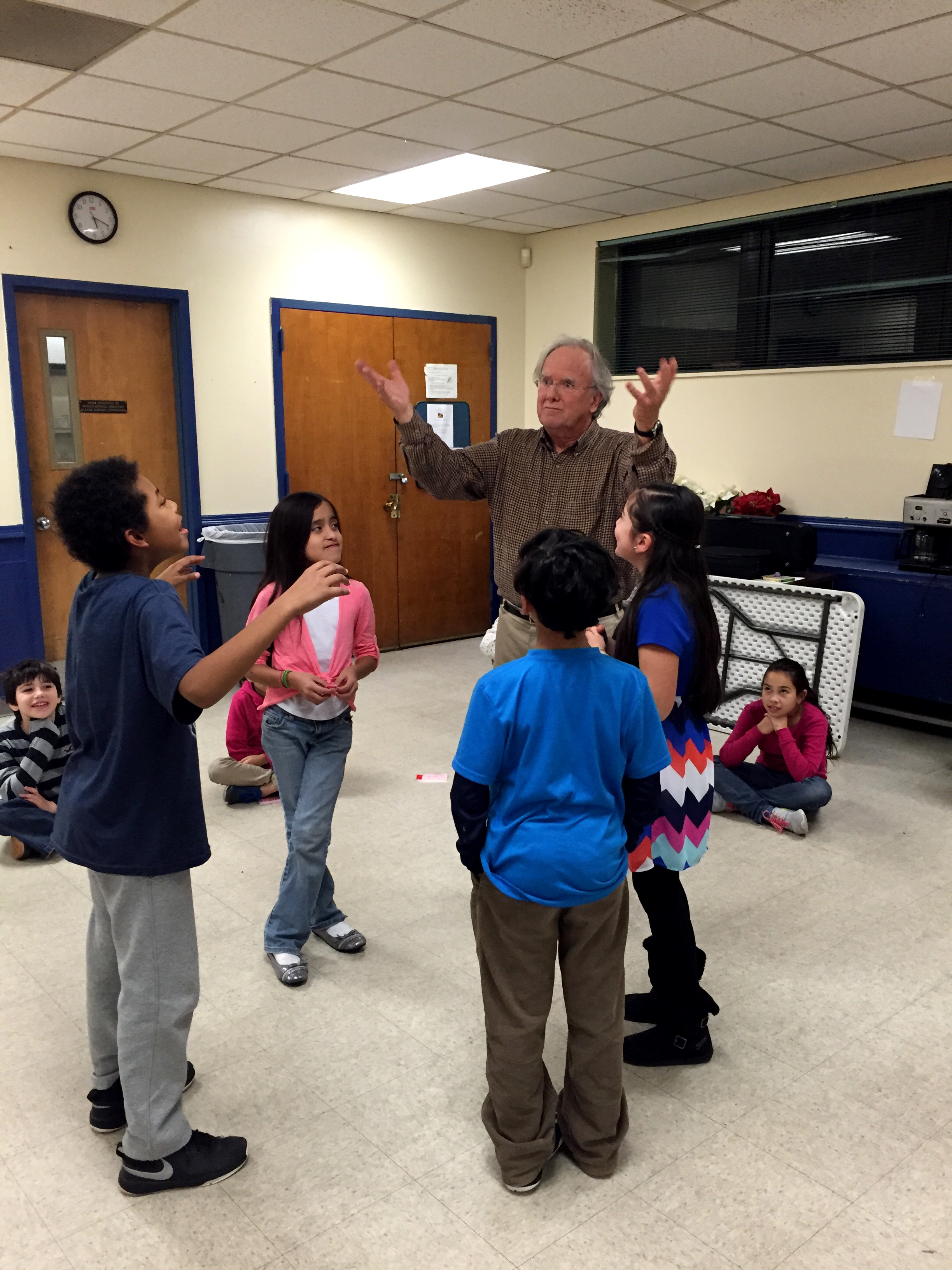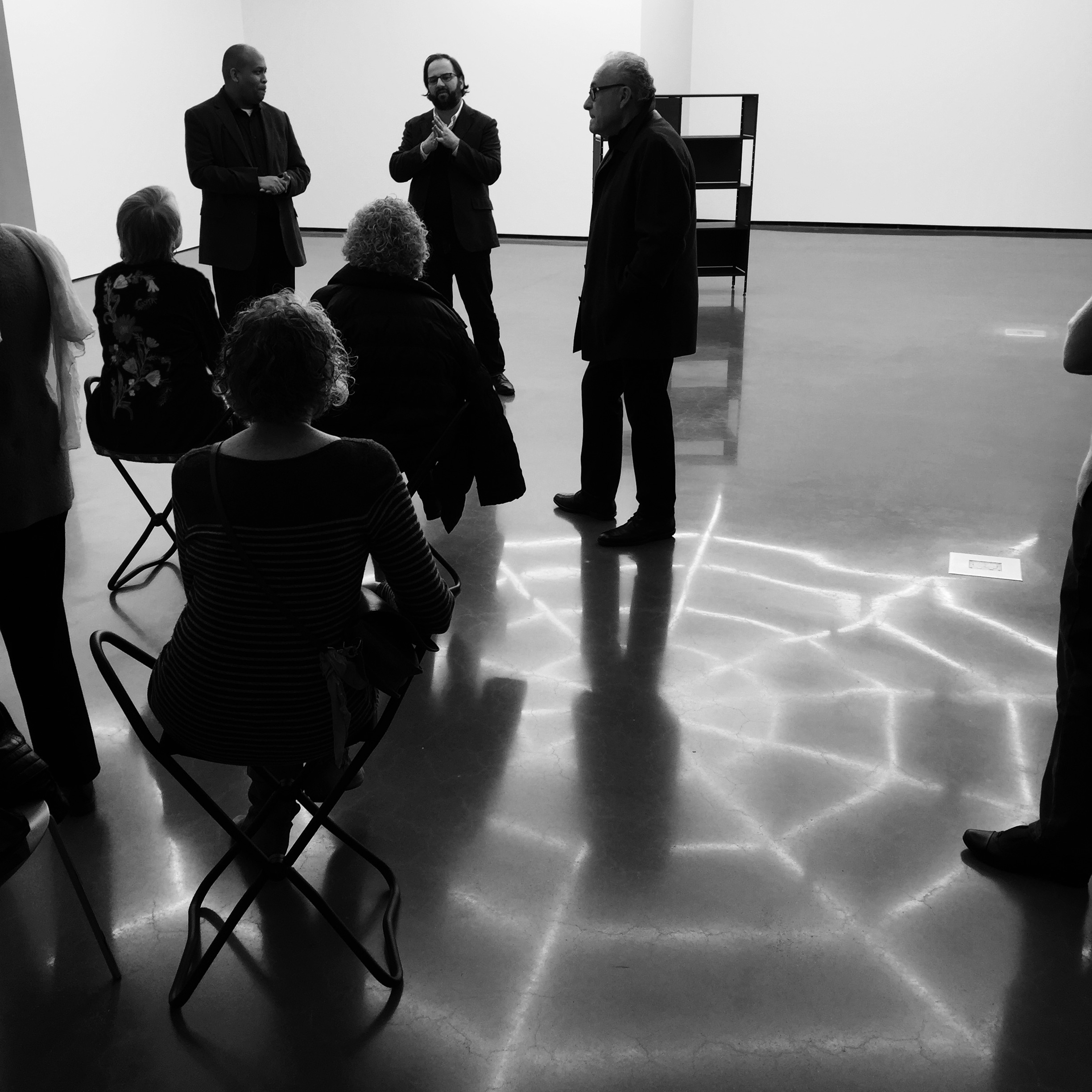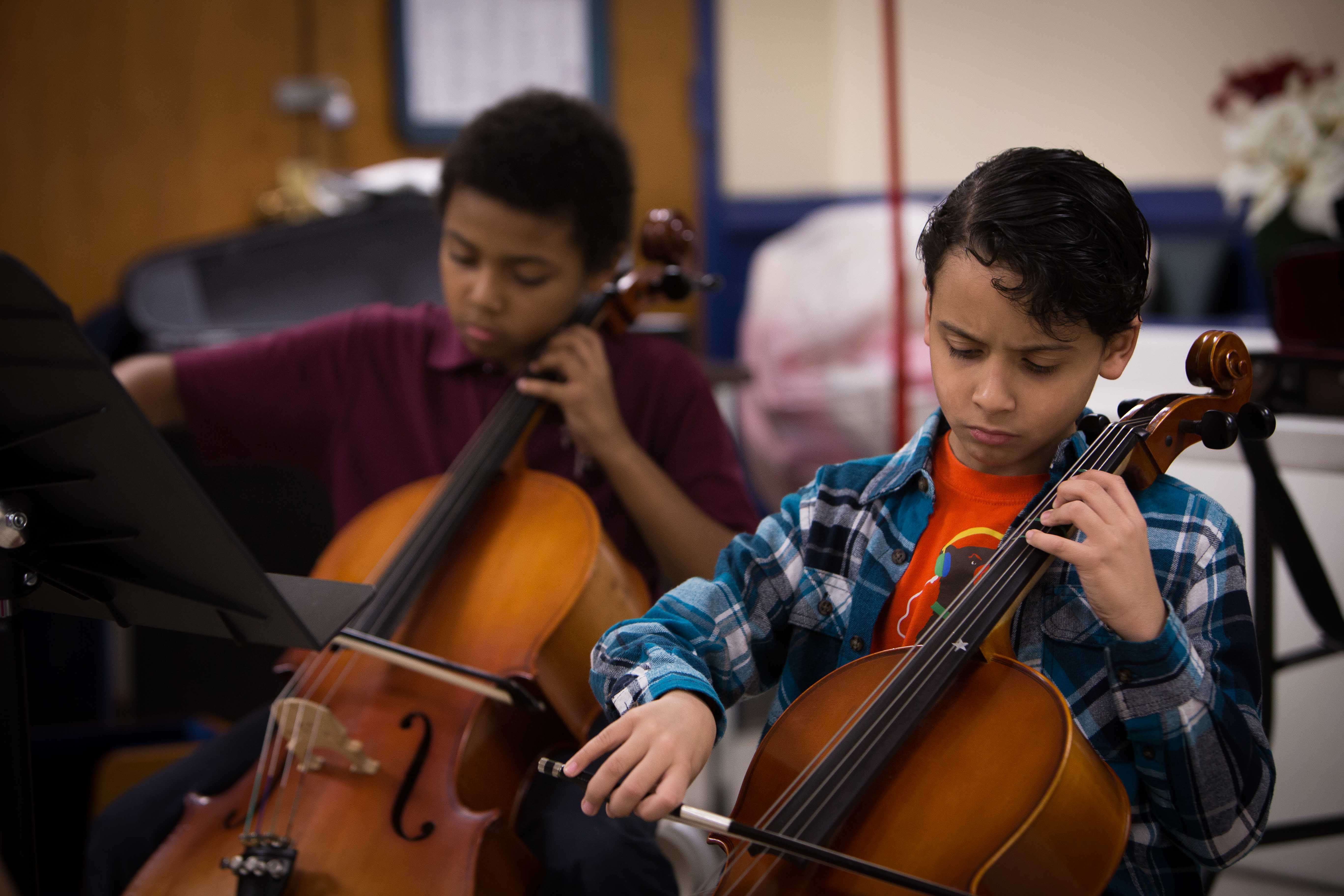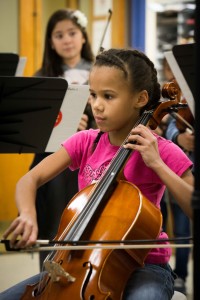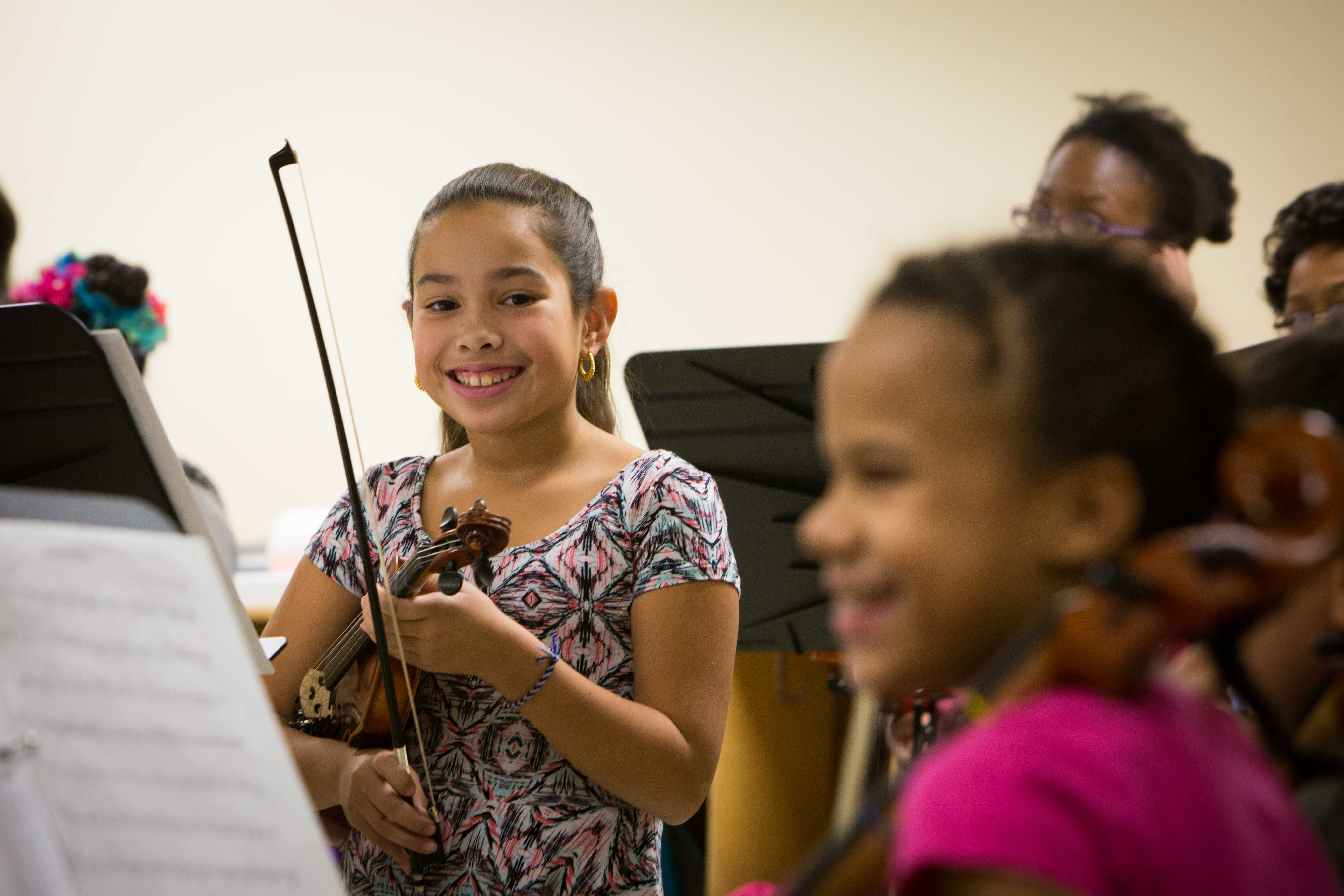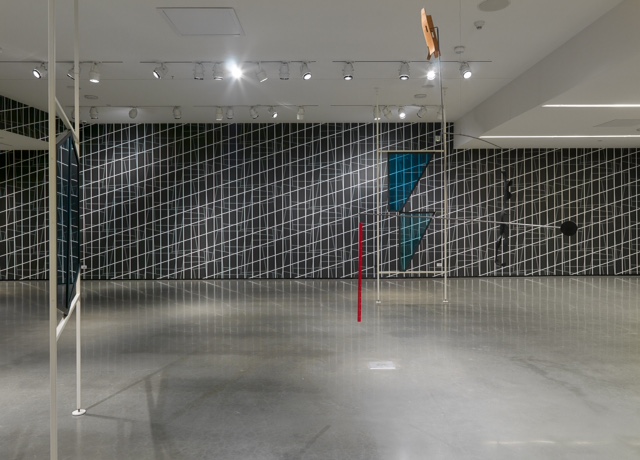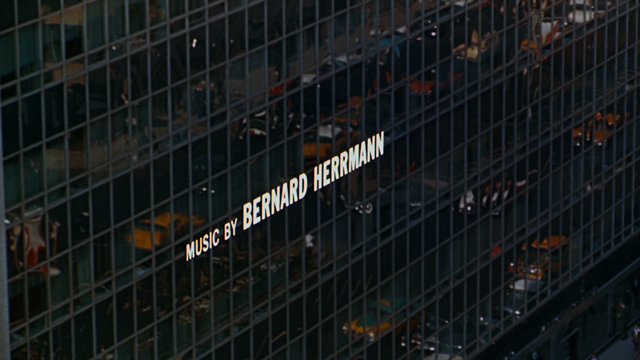Give to our Year-End Appeal:
Become Part of the Transformation!
Community MusicWorks’ mission is to create a cohesive urban community through music education and performance that transforms the lives of children, families, and musicians. But how have we made these transformations happen? How can we develop an audience, connect with a teenager, change a city? How can professional musicians be transformed alongside their students?
By listening…
Community MusicWorks was founded on the very idea that transformation can happen only when we really listen, when we set aside preconceptions and open ourselves to hear possibilities and potential, to appreciate something different. In the words of the great Zen Master Shunryu Suzuki, “in the beginner’s mind there are many possibilities, but in the expert’s mind there are few.”
By programming works that are new to us, in addition to the beloved chestnuts, we are challenging ourselves to open our collective ears to new experiences. By understanding and incorporating each student’s interests into lessons, we are able to encourage and inspire. By partnering with other community organizations, we can support the changes we are all trying to make in the community.
We have also been listening to you. To your applause at our performances, to your attention to our email updates, to your questions posed to our students and staff. Through that, and your thoughtful donations, you have been part of our transformation.
This 19th season is a special one for CMW. We are on the verge of another transformation, moving on from our “teenage” years. Like our high school seniors heading off to college, we are confident in what we have learned, but realize there is so much more to be done: uncharted music to be played, the next generation of students to mentor, and new audiences to connect with.
We hope you will join us in making our next transformation a reality by making a donation. Please consider a gift (or perhaps a multiple of 10, 100 or even 1,000!) of $19 to celebrate our 19th season, $30 towards our performances around Providence, $130 to recognize our students and their families, or any amount to support what you love best about Community MusicWorks – the people, performances, places, philosophy, and passion – and most of all, the listening.
I thank you for being part of CMW’s continued transformation.
Jesse Holstein
Associate Director/Senior Resident Musician
